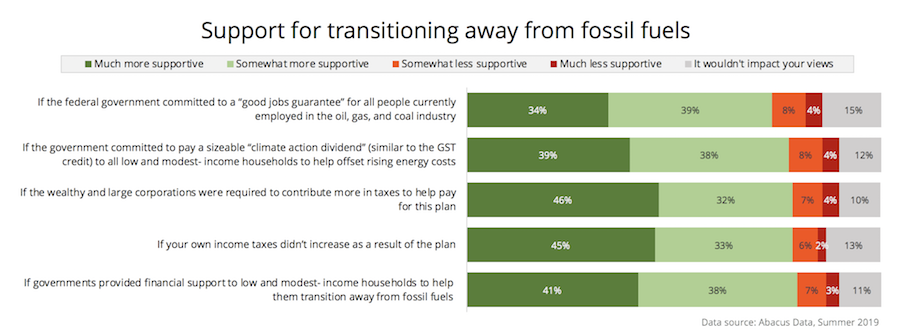David Suzuki spoke with National Observer on the phone from his cabin on Quadra Island on the coast of British Columbia, where he was spending time with his children and grandchildren. He said he’s doubtful humans can make the changes needed to stop the world’s temperature rising by upwards of 1.5 C before 2030, as the UN Intergovernmental Panel on Climate Change has said is necessary to avoid catastrophic climate change.
 |
| Climate changing |
He says to vote responsibly, voters must look past party politics and vote according to which local candidates promise to prioritize climate change, rather than focusing on party leaders.
“Whether they’re right-wing or left-wing, to me, that’s not as relevant as their individual positions on climate,” he said.
He said there have been candidates from all parties across the country he would vote for “in a heartbeat.”1
This points to the need to assess some of the “Critical questions in climate politics” curated in this post.
 |
| Critical questions for politicians |
Research by Seth Klein finds that the more a bold and transformative climate plan is seen as linked to an ambitious plan to tackle inequality, economic insecurity, poverty and job creation, the more likely people are to support it.
 |
| https://www.policynote.ca/wp-content/uploads/2019/08/Climate-Emergency-Polling-40.png |
In addition to people’s concerns about climate change, they are also very worried about inequality and affordability. So, when these social equity issues are tackled as part of a climate action plan, support for bold action to reduce GHG emissions rises dramatically.The poll listed five policy actions that could help with the transition, including extending income and employment supports to those more vulnerable during the transition, and increasing taxes on the wealthy and corporations to help pay for the transition, and asked people if such policies would make them more or less supportive of bold and ambitious climate actions. Those five policy options and the responses are shown below.2
Steve Easterbrook, at the helm of the University of Toronto’s School of the Environment, says the second-most important thing we must do to act on climate change is to get politically active, whether that’s joining a protest group, writing to our MPs or making it a core part of how we vote.
A lot of sources of greenhouse gas emissions don’t come from anything we as individuals have any control over. They come from government policies. So things like: Is the government investing in renewable energy or in fossil fuel energy? Or what standards are being set for cleaner vehicles and greener buildings? If we are not pushing government to act fast to change these kind of policies, we are missing a big piece of the puzzle.3
Katharine Hayhoe, a climate scientist and well-known climate change communicator,
insists that adults need to be upfront with children about our warming planet.
Kids deserve the truth about the earth they will inherit, she says. And the grown-ups need to hear what children have to say about climate change. Their voices, often heartfelt and hopeful, are critical in the search for climate solutions.
“Children look at something and they don’t see impossible, they see possible,” says Hayhoe, director of the Climate Science Centre at Texas Tech University in Lubbock, Texas. “They say: ‘What can we do to fix it?’ We need their perspectives more than ever. Children are what give us hope.”3
The Guardian presents an editorial view on Pope Francis as a voice in the wilderness.
Pope Francis remains determined to reorient the church towards the global south, where it is still growing at impressive rates, especially in Africa, and to place it on the side of the poor. In Mozambique and Madagascar, he has argued for reconciliation between competing factions. In Mauritius, he has denounced the use of the islands as a tax haven, calling it “an idolatrous economic model”, and appealed to the government to “promote an economic policy focused on people and in a position to favour a better division of income”. However little the church seems to matter in the developed world, there is no spiritual leader making these arguments against unrestrained capitalism and environmental destruction as forcefully and to such an audience as Francis does in the global south today.4
No other spiritual leader is speaking out so clearly for the poor and for the environment in the developing world. Our concern for the planet often begins with the quality of life that we are leaving to the children of the world.
References

No comments:
Post a Comment